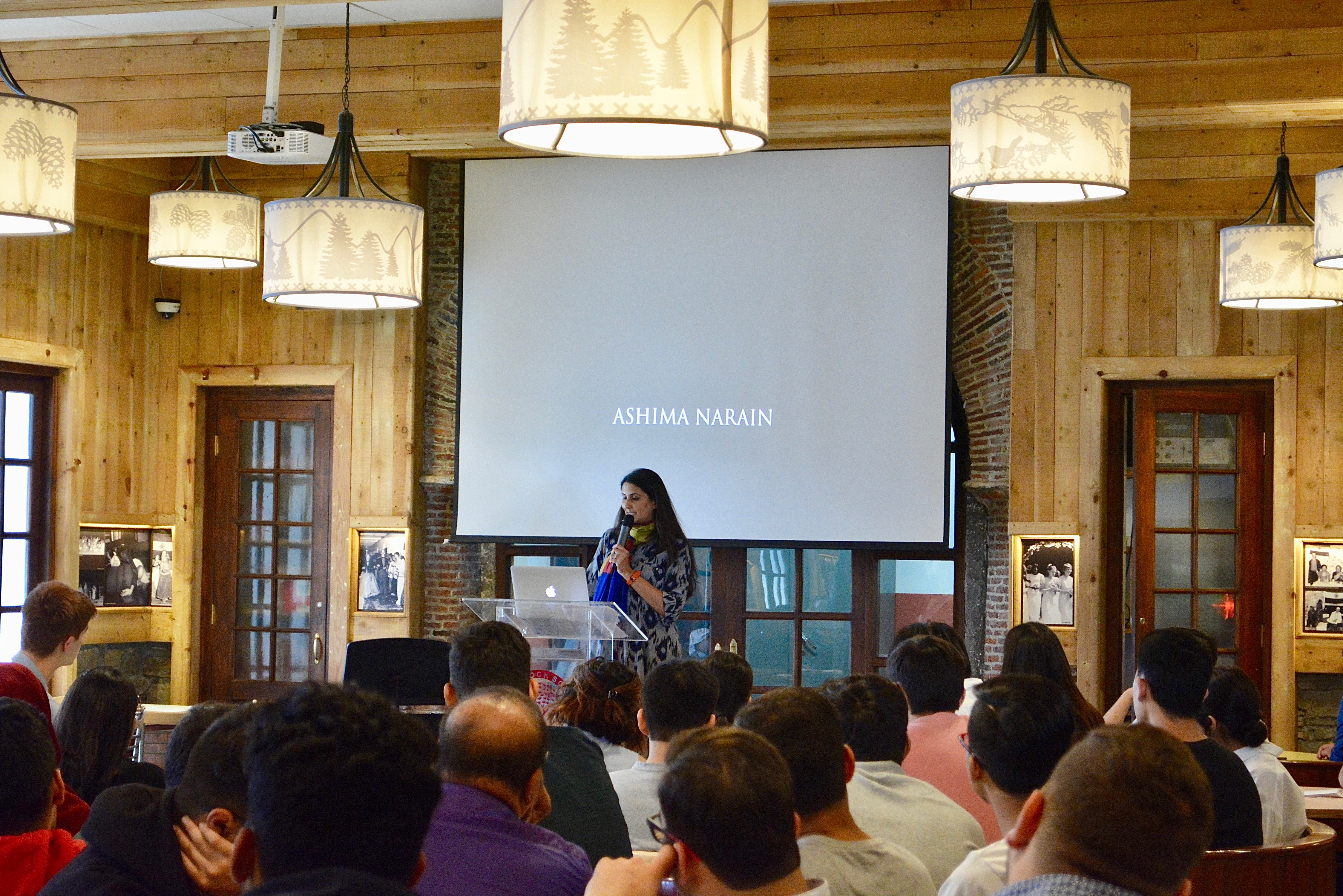
28 May Alumni Spotlight – Ashima Narain ’92
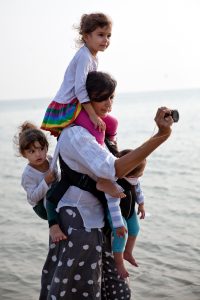 Ashima came to Woodstock on the 20th of May as the Guest Speaker for WOSA (Woodstock Old Students Association) Assembly. Each year, the Alumni Office welcomes the graduating class into the Alumni Community during this Assembly!
Ashima came to Woodstock on the 20th of May as the Guest Speaker for WOSA (Woodstock Old Students Association) Assembly. Each year, the Alumni Office welcomes the graduating class into the Alumni Community during this Assembly!
Ashima is a photographer and filmmaker, represented by National Geographic Image Collection and the former photo editor for National Geographic Traveller India. In 2017, she became the first female photographer in India to be come a Sony Artisan and time.com included her on a list of 34 women photographers from around the world to follow.
She has worked on a diverse range of subjects that have sent her wading through mudflats in search of flamingoes for the Discovery Channel, climbing sail masts mid – sea for National Geographic Traveller and driving vintage cars across India for Cartier.
When you first think of Woodstock, what is the immediate association you make?
If you think about Woodstock, you just think about the feeling of Woodstock rather than a particular visual of the school. It’s more of an emotion, it’s about relationships that you’ve made that have endured over the years. Which still endure and that is it really for me, that’s the essence of Woodstock.
Are you still connected to people you went to school with?
Yes! To many, not all but certainly to a lot of people!
Do you think you have any advice you would like to give the Class of 2019?
Whatever you think about about how much exposure Woodstock given you – it’s a bubble – it’s a lovely, sheltered, diverse, liberal, progressive bubble and it is amazing, but it’s not the world.
So when you leave, know that you will see a lot of other systems of disparity and of injustice – try to understand them because then you can learn how to deal with them intelligently. Liberals around the world judge too much and they alienate too much, and what we are seeing the world over is that it does not work. It creates anger, it creates resentment.
In order to be ‘inclusive’ don’t exclude people whose views are different from yours – you need them in the conversation. So, don’t wear your opinion as a badge of how progressive you are, make sure your actions engage with difference at a human level.
I leave you with a story Paul Conroy, an incredible and brave war photographer shared recently when asked about working in Syria. In order to reach Homs, he and writer, Marie Colvin had to keep being ‘passed’ from motorcycle, to jeep to car to different groups of men wearing black balaclavas, none of whom they knew, and very few with whom they could speak the same language. It was an act of faith to keep moving and keep trusting that they were going to stay alive. But he figured out a way to gauge whether they were in danger with the people they were with – he said “as soon as we would meet or enter a room, I would crack a joke. If people laugh with you, it is unlikely that they will kill you.”
The easiest and simplest form of human engagement – laughter, can trump the complex ideology of hate.
Do you think Woodstock prepares you for life after school?
There’s a lot of diversity in this bubble, there are a lot of differences we learn to live with. We learn to understand and we learn to accept, so that needs to be then taken out into the larger world because those are very good lessons that you’ve learned in a safe zone but now you have to take those same lessons out and you have to use them, you have to use them properly. I am not saying that it’s a bubble without benefits, there are definitely benefits – these differences, this diversity, and there used to be a lot of community work used to happen at Woodstock, I don’t know how it is now.
We have thriving Community Engagement projects at Woodstock.
When you leave Woodstock, you will see such a huge level of apathy – they’ve stopped seeing all the things that they don’t want to see, all over the world. so this ability to engage with lower income communities or ones of different religions / languages – it will stand you in good stead when you leave because you will have much more empathy.
I think, children who graduate from Woodstock carry this idea of a more compassionate and empathetic world and that is developed in this ‘bubble’!
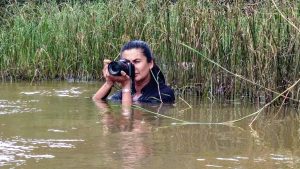 Do you think that Woodstock helped your creative instinct?
Do you think that Woodstock helped your creative instinct?
For sure. I mean when I started working, there weren’t that many women in my field, but I didn’t really think about it – we think about it a lot more now because people are talking about equal opportunities for women – which is great. but 25 years ago, we were not talking about it, we just had to believe it and do it. Woodstock gave us that- a sense of confidence, the confidence to just fail. What is the worst that can happen if you don’t make it? Nothing really. Of course, privilege also helps to enable this, but ideologically, this was the crux – that risk is not really a big deal, so you could take it with you know a pinch of salt. This idea of risk is taken in your stride. It is just something you do, you don’t talk about, you don’t think about it too much, you just do it. and I think definitely came from here. I think this idea of trying new things constantly also came from here.
You mentioned in your speech at WOSA Assembly about how you started your photography by capturing the mundane of Woodstock and your surroundings? Could you expand on that.
You always start photographing what is available to you. your friends are available to you, the environment is available to you when you’re walking to buzz, those sights are available to you. So I am not saying it’s mundane, it’s not a judgment at all but you always have to start with what you know or what’s there. and that’s what I did as well. Then your yearbook teacher would give you an assignment to shoot basketball practice, or portraits of the drama club, or whatever, and so you do that and it’s a good way to start understanding what briefs are, because you’re going start getting briefs at some point. And then you start from just illustrating a brief. From illustrating a brief, you start to interpret a brief and that is when you become a good photographer. There’s a big difference, I wasn’t a good photographer in Woodstock, I was someone who could deliver the brief but you become a good photographer when you can interpret it and start to translate these ideas into visuals. That is the difference, the journey that you make!
Are there any experiences you’d like to share. Did you have a, “yes! I know what I am doing. Did you have a moment where you were thought “ I love doing what I am doing”?
I think I have many of these moments because you’ll be sitting somewhere and I’ll tell you this is the thing with photography. It gives you access into worlds you’re never gonna have access to otherwise. For example, as a traveler you’re going to Bhubaneswar or wherever, you go and see the same stuff everybody else sees right? But as a photographer you are going there for a purpose, you are going to find out about rural sanitation for the disabled. You are travelling with a completely different perspective and then you meet people who work in that field whom you never would otherwise meet. I travel so much in India and I see things that I don’t think a lot of other people in India can see. You cannot see them as a traveler you can only see them as photographer and for me that is what I always appreciate and am grateful for – that access into other people’s lives, and other people’s circumstances . They are not circumstances that everyone gets to witness. I think that’s why photographers feel like they have to try to represent truthfully. Of course the truth is abstract, so you can only represent your version of the truth in that moment.
You talked about your professional life in your speech. Tell us about how it has evolved? Has it gone through periods of change?
Yes, so like I was trying to allude to in my talk, in school I did many different things. I did a lot of art, I was involved in student government, my friends and I also had no problem making idiots of ourselves. So if ever the assembly planning people had nothing on, they would ask us to do something last minute – we’d go and do these dances and you know whatever. We did a lot of different things and for me photography has also been about exploring my personalities, so my interests when I was 24 was very different from what they are now at 44 and photography has helped understand that. I could engage with different genres because my personality was more suited to it at that time.
You’re back at Woodstock after a while. How do you feel being an alumni?
So when I came in 2012, for our 20th reunion that was when we really felt “wow, this place has changed” – it was really different. Now I am a little bit used to it, I’ve gone down to midlands, the gym, and was like “oh my goodness, what’s happening there”. I haven’t seen the music cells but they look quite fantastic from the outside so I’ll have a look at them. You know I think the thing with Woodstock is you’re always hit by the beauty of it, by the simplicity of it. I think those are the two thing which always hit me first.
My gosh how lucky was I to be a part of such a beautiful place. You know with simple structures, they’re not ornate but they’re totally functional and they hold so much creativity, so much imagination, so much optimism, so much aspiration and inspiration. So I think thats really what Woodstock is about – it’s about how something so simple can hold so many ideas that can be, and which are so powerful.
Our alumni network is so vast. How do you think people can make use of this alumni system? Do you think there is any responsibility of an older alumni to help out the Woodstock kids that are graduating?
I think we are always happy to help but I think the questions have to be asked to us and then we can help because no one has the time to sit and think about what other people need from us. Sometimes you get emails from people saying “ would you like to help?” The answer will always be yes, but then the next questions has to be “how would you like to” – I mean you can’t really ask me how would I like to help if I don’t know what are the things I can do .
So I think what the questions need to be asked to us, as older alumni is – this is what- a little bit of research- you do, therefore would you like to do x y and z. then we can focus on the xyz, if its open ended it means you want us to do the work to then think about how we can help you and this and often no one has this kind of time. So I think everyone is ready to help we just need to be told what are the things that you can help with.
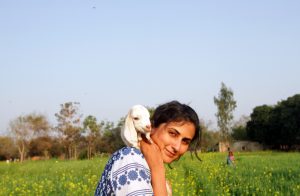 Do you want to connect with Ashima and find out more? Log on www.woodstockalumniconnect.com
Do you want to connect with Ashima and find out more? Log on www.woodstockalumniconnect.com

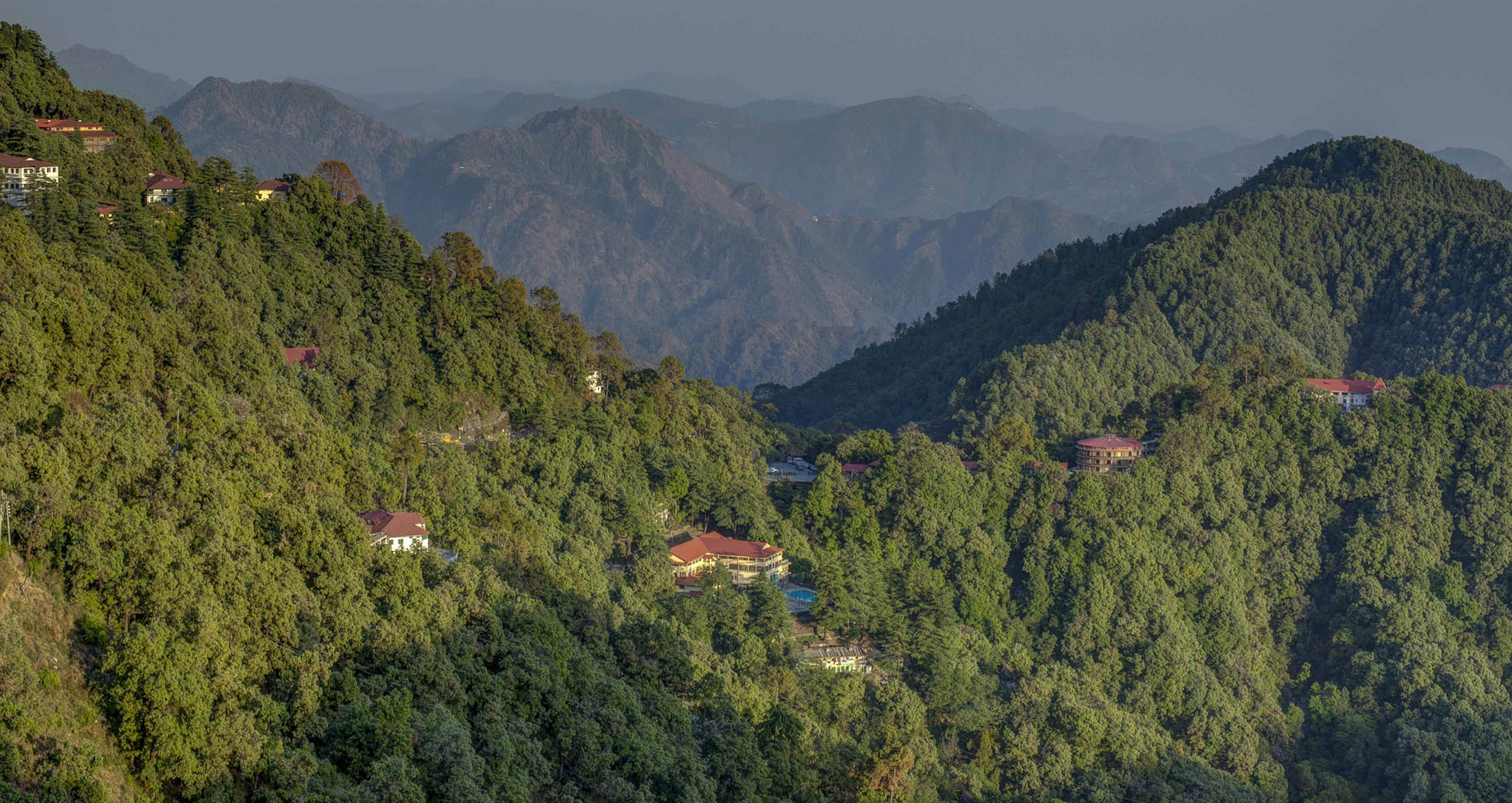




Wilhelmina Barton
Posted at 04:08h, 02 JulyAshima, we have such happy memories of you at Woodstock, particularly during Activity Week when you were such fun, tireless, creative in organising games spontaneously for the whole group. One could see your rich qualities of character, leadership & care for others. Such joy to read about you today! Willi & James Barton